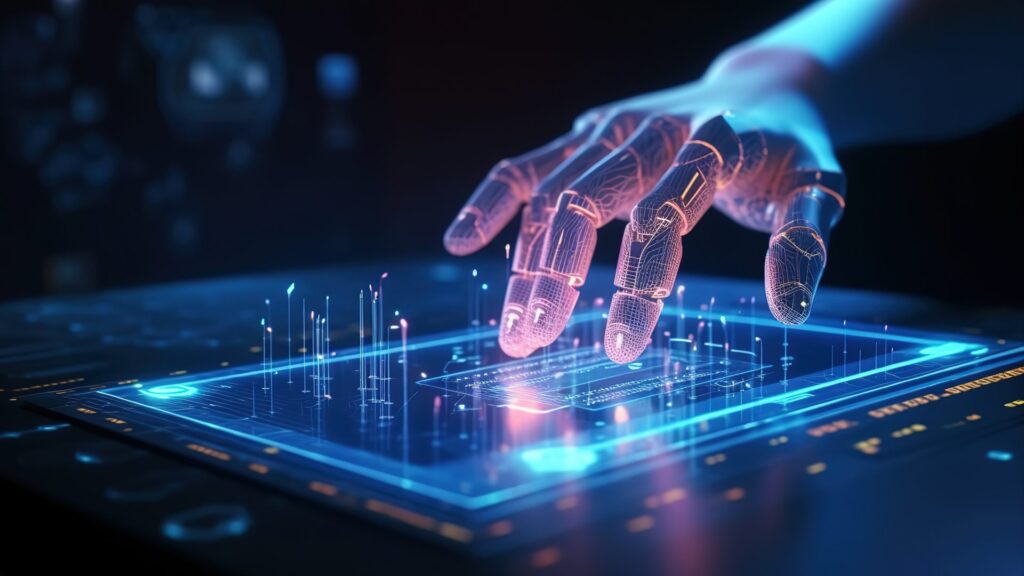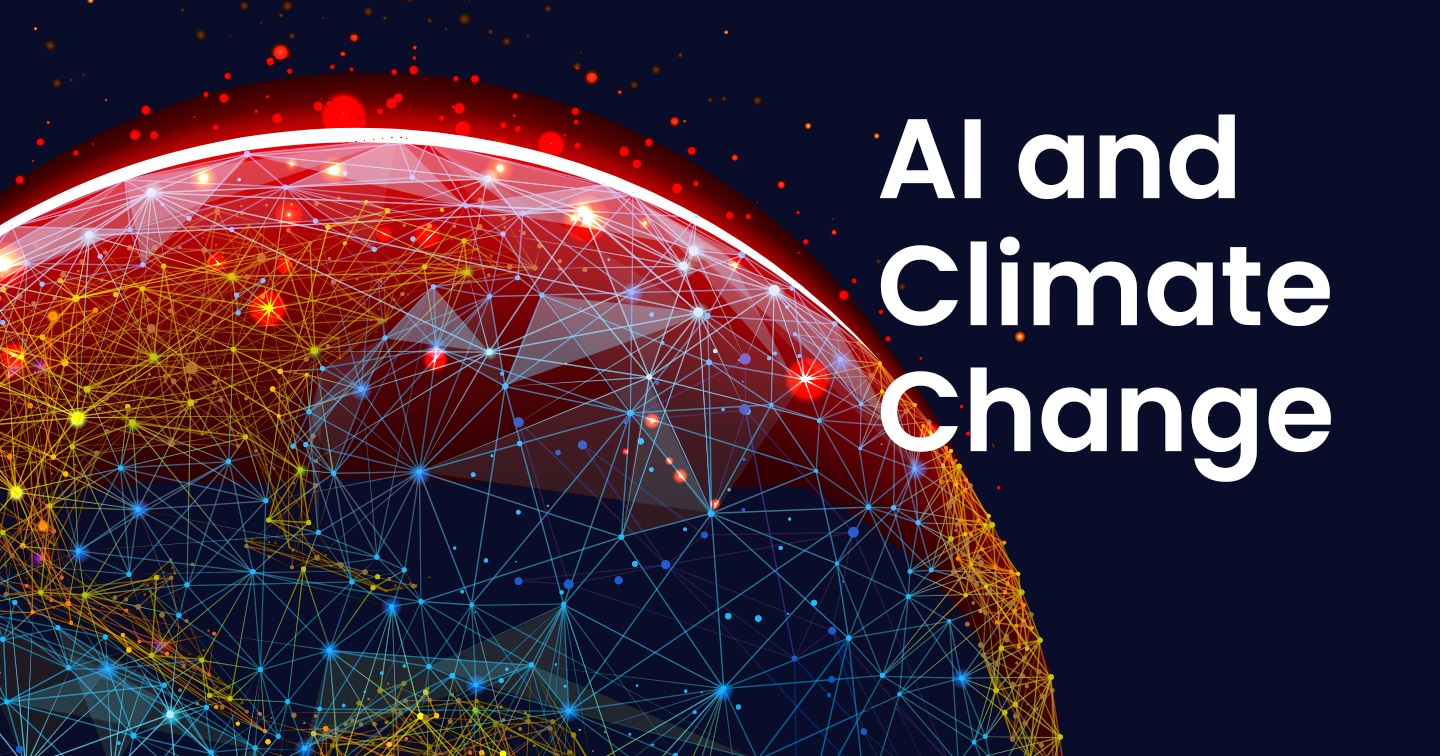
The Future of AI and machine learning is bound to revolutionize every industry, having reached a tipping point. Several articles have been written on the impact of AI on the continuously advancing world.
In this blog post, we will examine how, throughout the next couple of years, artificial intelligence will reshape several industries and our economy.
The Evolution of AI
Artificial Intelligence (AI) has advanced significantly over time. Initially, AI focused on performing specific tasks, known as narrow AI. In recent years, with the rise of data collection and faster computer processing, AI has made remarkable progress.
Tech giants like Google and Microsoft invest heavily in AI research and development. AI now influences various industries, including transportation, healthcare, and finance.
Self-driving cars and virtual assistants are examples of AI applications reshaping daily life. Also, AI algorithms can detect diseases, personalize recommendations, and predict market trends.
Despite concerns about AI’s impact on jobs and privacy, its evolution continues, promising both challenges and opportunities for society. As AI technology progresses, its potential to improve efficiency, solve complex problems, and enhance human lives becomes increasingly evident.
Impacts of AI and Machine Learning on the Future
1. Scientific methods will change as a result of AI and ML
Important science is costly and time-consuming; consider large-scale clinical trials or the construction of particle colliders. A great deal of legitimate worry has been raised in recent decades regarding the seeming slowdown in scientific advancement.
We should anticipate orders of magnitude improvements in what can be achieved with AI and machine learning (ML). People can explore a certain class of concepts computationally. Humans with computers can handle a wider range of concepts. In addition, humans with computers and AI can successfully tackle a far wider range of concepts.
With the use of AI, it is now possible to examine massive data sets and compute to find intricate links and patterns. In the upcoming years, artificial intelligence (AI) has the potential to enhance human intelligence and revolutionize scientific study, ushering in a new era of scientific discovery.
2. AI will make next-generation customer experiences possible
There has been a lot of talk about next-generation consumer experiences, such as cryptocurrency and the metaverse. AI will play a major role in enabling these experiences and others similar to them.
Because humans lack the kind of perception necessary to understand the spectrum of human activities and their related impacts in a metaverse setting or to overlay digital things on physical surroundings, the metaverse is intrinsically an AI challenge.
Our lives are increasingly being lived at the nexus of the atom and the bit world. In a digital environment, AI algorithms can learn far more quickly (e.g., virtual driving to train autonomous vehicles).
For example, the fundamental goal of distributed finance, blockchain technology, and cryptocurrencies is to introduce friction-less capitalism into the system. However, distributed apps and smart contracts will need a deeper comprehension of the real-world interactions of capital operations, which is an AI and ML problem, to realize this vision.
3. AI will Revolutionize Industries
Thanks to IoT connectivity, data collection, and quick computer processing, artificial intelligence, or narrow AI, has an impact on almost every significant business. Each year, major corporations like Microsoft and Google invest billions. Media, manufacturing, transportation, healthcare, and education are all changing.
AI travel planners and self-driving autos are revolutionizing transportation. Robotic arms with AI capabilities and predictive sensors improve production procedures. AI accelerates drug research and disease diagnosis in healthcare.
AI in education personalizes instruction and digitizes texts. The media gains from journalism powered by AI. AI chatbots are used by customer service to gain insights. Unquestionably, artificial intelligence is transforming many businesses.
4. AI will make completely customized medical care possible.
Ever since the human genome was decoded, the goal of personalized treatment has been established. Sadly, though, it is still only an ambition. The creation of customized treatment plans for patients is a fascinating new use for AI. Furthermore, AI may eventually be able to synthesize and forecast individualized treatment modalities almost instantly, eliminating the need for clinical trials.
To put it plainly, artificial intelligence (AI) is ideally qualified to create and evaluate “digital twin” rubrics of individual biology and can do so within the framework of the communities in which that individual lives. The intricacy of the human body is astounding, yet our understanding of how medications function is startlingly limited (paywall).
Not to mention the impact of environment, lifestyle, and diet on personal health outcomes, it is hard to make sense of the enormous datasets derived from an individual’s physiology without artificial intelligence. AI solutions have the potential to significantly lower persistent health disparities in addition to raising the bar for healthcare technology.

5. AI will be needed to address the climate catastrophe
We have a big responsibility as a society to lessen the socioeconomic risks that climate change poses. Policies for pricing carbon are still very new and may not be very effective.
AI has to be practical for many exciting new concepts to be realized. Prediction markets driven by AI are one possible novel strategy that can link policy to impact while adopting a comprehensive perspective on environmental data and inter-dependencies.
The digital “twin Earth” simulations that would enable this would probably need to process enormous volumes of data in real time to identify subtle changes that are invisible to human senses. The success of other emerging technologies, including carbon dioxide sequestration, depends on AI-driven risk modeling, downstream effect prediction, and unintended consequence anticipation.
Conclusion
The future of AI and machine learning holds immense potential for transforming various industries. With ongoing advancements in technology and increasing investment from major players like Google and Microsoft, we can expect continued innovation and growth.
AI will revolutionize sectors such as transportation, manufacturing, healthcare, education, and media, bringing about greater efficiency, accuracy, and automation. However, challenges such as ethical considerations and job displacement must be addressed.
Overall, the trajectory of AI and machine learning suggests a future where intelligent systems play an increasingly integral role in our lives, driving progress and reshaping how we live and work. Society must embrace these technologies responsibly and adapt to the changes they bring forth.
